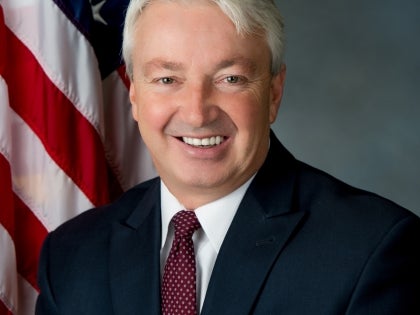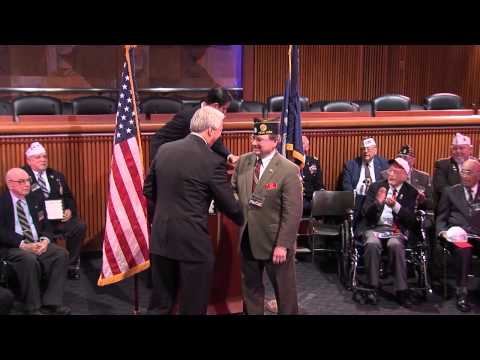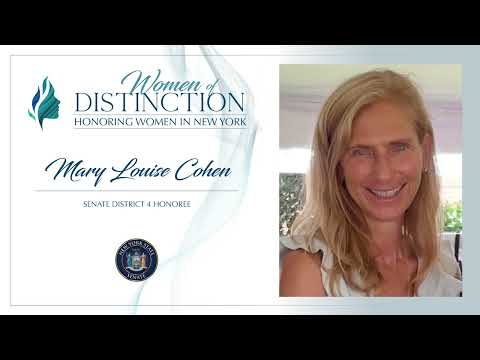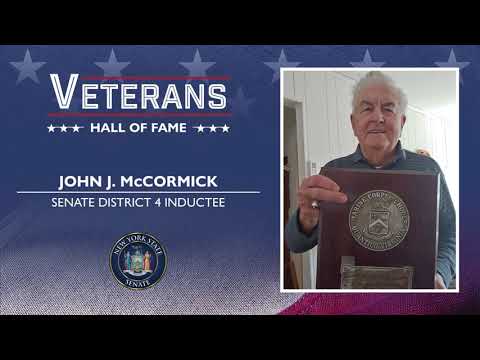
Senate Passes Bills To Assist New York's Veterans
Bills Provide Veterans With Business, Employment & Education Assistance
The New York State Senate passed a package of legislation today to help New York’s military veterans achieve success in business, employment and education.
The Senate passed a bill (S2803A) that would establish a program to provide state contract preferences for small businesses owned by service disabled veterans. The bill would mirror a highly successful program for federal contracting.
Information released by the New York State Department of Labor and the U.S. Census stated that nearly 20 percent of recent veterans under the age of 30 are unemployed. It was also reported that a staggering 28 percent of Gulf War-II era veterans reported having a service-connected disability.
This legislation will put New York State on the same level as the federal government, which through an Executive Order, issued in 2004 by President George W. Bush established a three percent set-aside of all Federal contracts for service disabled veterans.
In 2009, similar legislation passed both the New York State Senate and Assembly, but was vetoed by Governor Paterson who believed that the six-percent preference was too high. The bill passed today provides for a three-percent set-aside that does not compete with the current set-aside for minority-owned and women-owned businesses.
The Senate also passed the Veterans Employment Act (S5504A) that would grant veterans the right to temporary appointments by state agencies, rather than using temporary employment service companies.
New York State continuously uses temporary employees to supplement the State workforce. Temporary workers can be used to cover an employee's maternity leave, vacation leave vacation tile, or extended sick leave.
The Senate also approved a bill (S1978) that allows for any person who is serving or has served in active duty of the United States Military to be considered a New York resident for the purpose of paying in-state tuition rates at SUNY colleges and universities.
Currently, after serving in active duty, soldiers who choose to come to New York State to study at State University of New York (SUNY) colleges are charged out-of-state tuition. This often results in higher tuition bills because the federal GI bill does not fully cover the cost of out-of-state SUNY tuition.
The Senate passed legislation (S3572) that would exempt veterans organizations from paying taxes on heating fuel.
Currently, religious and charitable organizations are exempt from paying tax on non-highway diesel motor fuel used for heating purposes. However, veteran’s organizations are required to pay tax up-front and apply for a refund.
Earlier this year, the Senate successfully fought to expand the PFC Joseph Dwyer Peer-to-Peer Veterans Counseling Program. The Dwyer Program provides peer-to-peer counseling between veterans who personally understand the effects of Post Traumatic Stress Disorder (PTSD) and Traumatic Brain Injury (TBI).
In addition, the Senate proposed and established in the state budget a new tax credit to any business that hires a veteran returning home from military service.



